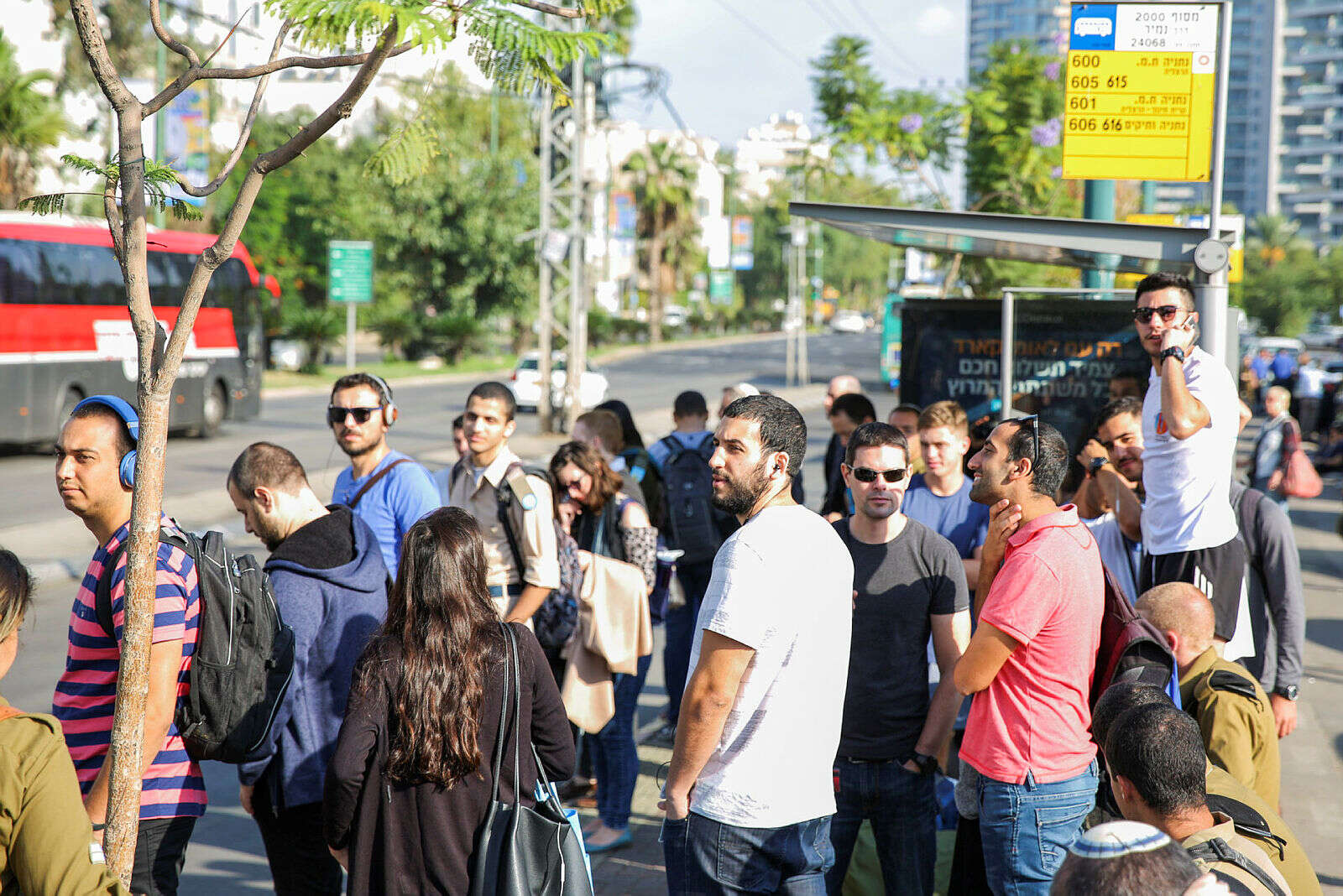During the Netanyahu government, and under the tenure of Israel Katz as Minister of Transportation, the railway line from Ashkelon to Beer Sheva, via Sderot, Netivot and Ofakim, was inaugurated;
A train line to Beit She'an via Afula and Migdal Haemek was inaugurated;
The train line to Jerusalem and the line to Karmiel were inaugurated.
Almost all the new train stations were built in Likud strongholds.
Not all of them, but there is a correlation between Likud voting patterns and investments in public transportation.
Smutrich, during his short tenure, tried to promote reforms that would serve the residents of Judea and Samaria.
Merav Michaeli began her tenure in an attempt to lower the air conditioner temperature on trains to "get better" with frozen women.
She promoted a tariff reform that would benefit her voters a little more than those who did not vote for her, and eventually abolished car test stickers.
The metro project, which will eventually be budgeted in the current government, is better with left-center voters than with right-wing voters, certainly on the issue of funding.
This is the way of the political world.
Politicians as transport ministers try to do good with the public, and the policies they promote and their worldview align with the voting patterns for them.
Residents of the periphery and Jerusalem, who vote for the right, expect the right-wing government to take care of them in the field of transportation as well.
Residents of the center and leftists expect the left-wing government to take care of them.
There is nothing wrong with that - it's a democracy.
Nor can it be argued, of course, that transportation projects are not universally good just because they have a political side.
The problem begins when the politics of transportation becomes to predict everything.
There is an asymmetry between projects that are implemented and the public can evaluate them and vote at the polls accordingly, and projects that are not implemented and the public can not evaluate their loss of value.
Transportation policy is good in the dark, and the public is unaware of the loss of value because it is difficult to grasp, personally and politically, something that is not happening.
Sociologists would call it a "democratic deficit," economists would call it "public choice theory," and stand-up comedians would find it a variety of nicknames that did not fit the pages of this paper.
Citizens have a hard time noticing small but important improvements, and politicians will certainly not be rewarded for an improvement in service if they do not remember at all that there was an improvement.
In contrast, it is easy for citizens to remember the cutting of shiny new movies and stations.
The central bus station in Tel Aviv is a transport, social and pollution attack, but the day after it is evacuated no one will remember its damage.
Unfortunately, no one will rake in proper political capital because of this move.
The political capital that lay in the cutting of films 30 years ago at the inauguration of "the largest and most luxurious bus stop in the world" has long since been redeemed.
In the absence of a proper incentive for politicians, Tel Aviv Central Station is still operating.
It is easy for the transport server to produce ticking videos from operating.
Another example is in the recent tariff reform, which is indicative of transport short-sightedness.
Tariff reduction is a step that is well photographed, but the problem with transportation is not high prices - in any case, no one will get up the morning after the reform and say "I am leaving the car to save 50 shekels a month."
The main problem with public transport is the availability and frequency - many bus lines run once every half hour, or lines that end at eight o'clock in the evening and are simply irrelevant to many people.
Increasing the frequency does not generate political capital, so it is easy for transport ministers to be interviewed about the financial savings.
It is possible to greatly increase the frequency of buses in Israel at a relatively small cost, but God forbid that the bus ticket will become more expensive by a shekel or two.
So because of the political cowardice we are left with low frequency and low cost, instead of with excellent public transportation at a reasonable price.
The problem begins and ends with citizens.
They are the ones who should pressure politicians to carry out substantial transport reforms instead of cutting films and posting ticketing videos.
Were we wrong?
Fixed!
If you found an error in the article, we would love for you to share it with us

